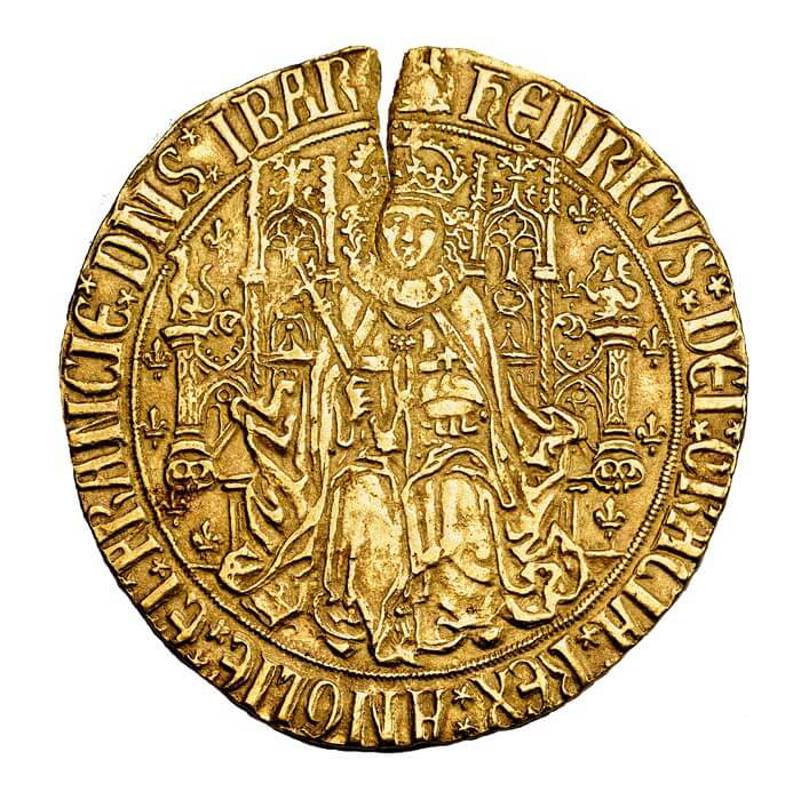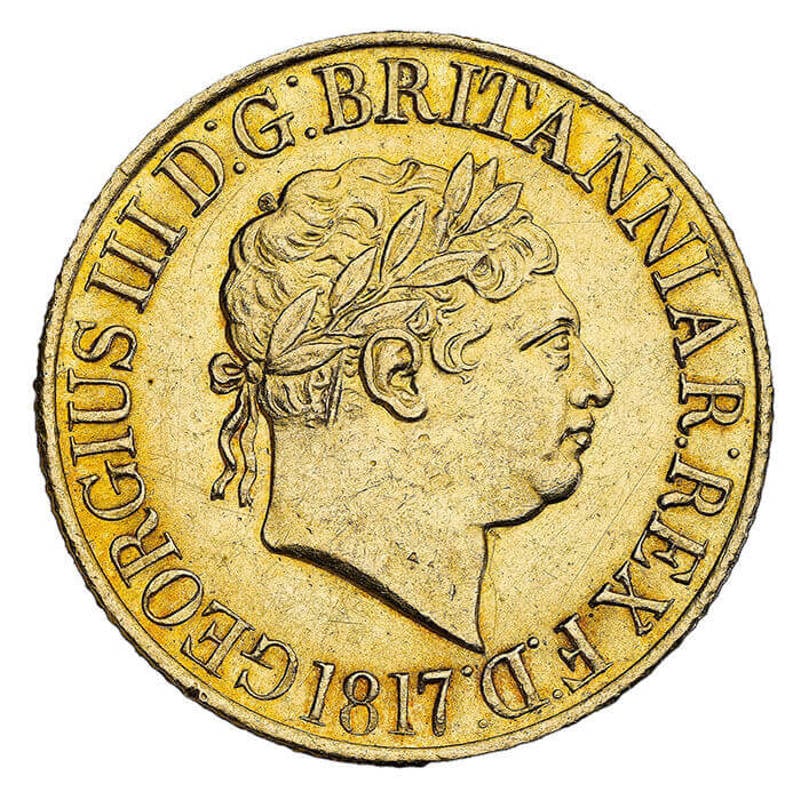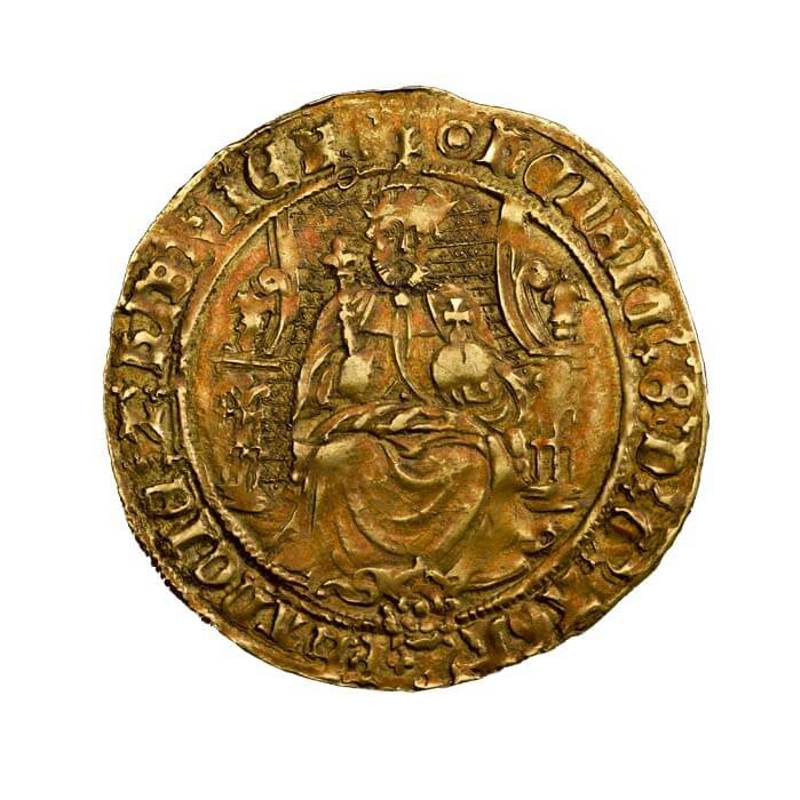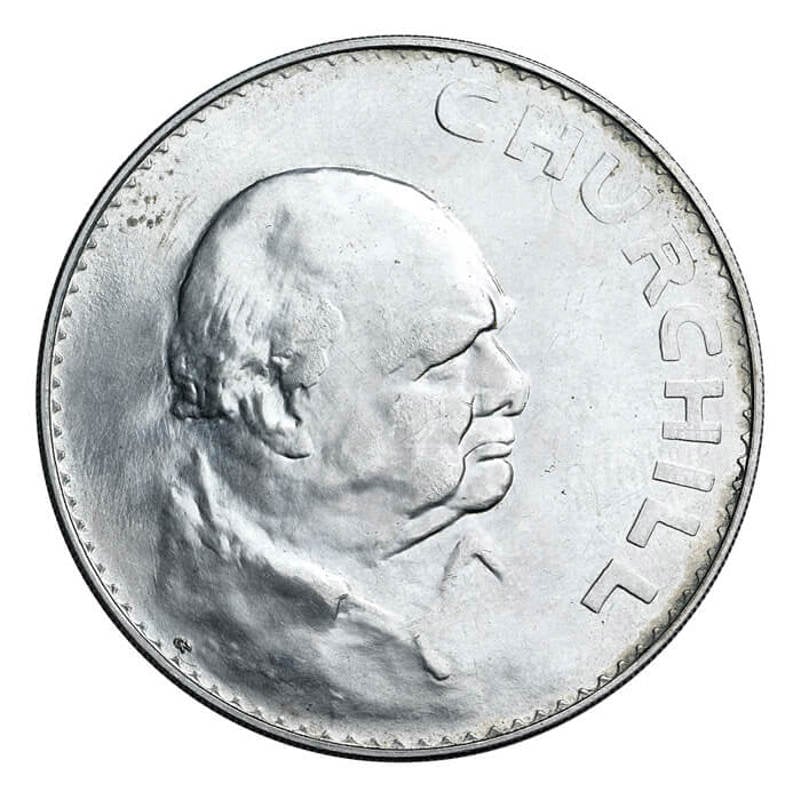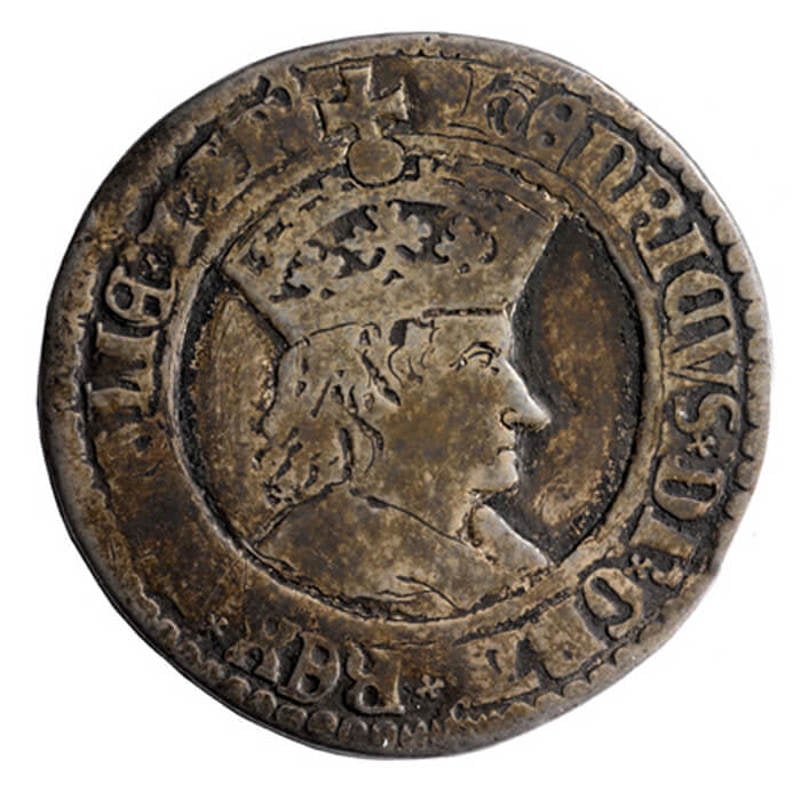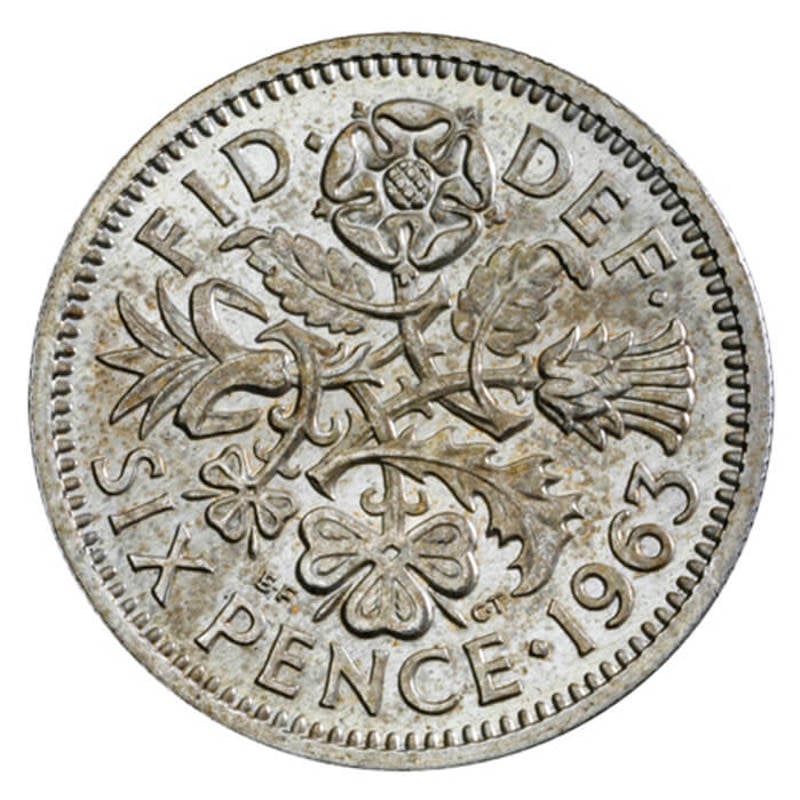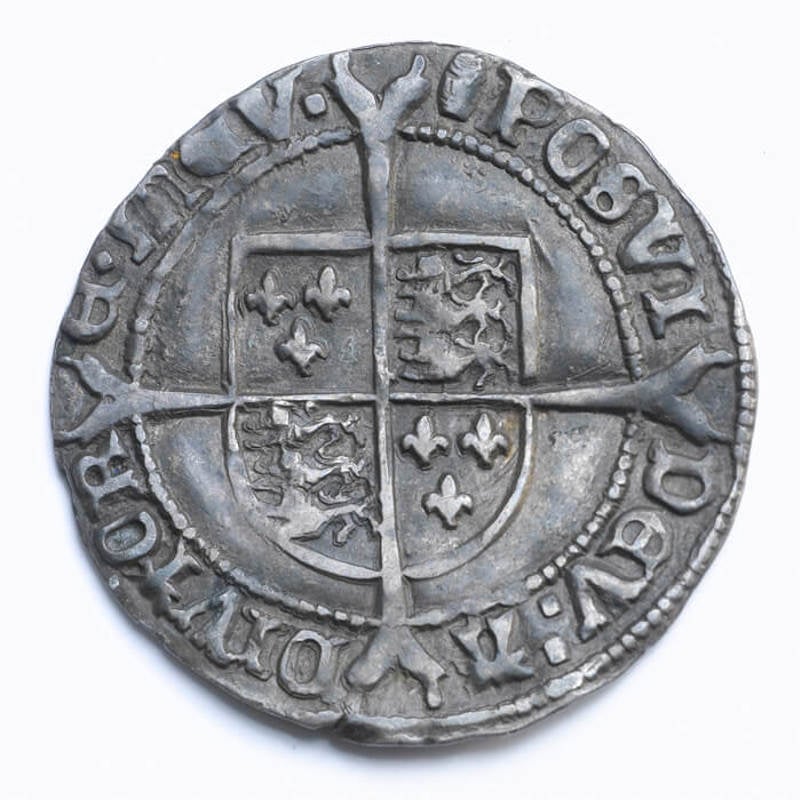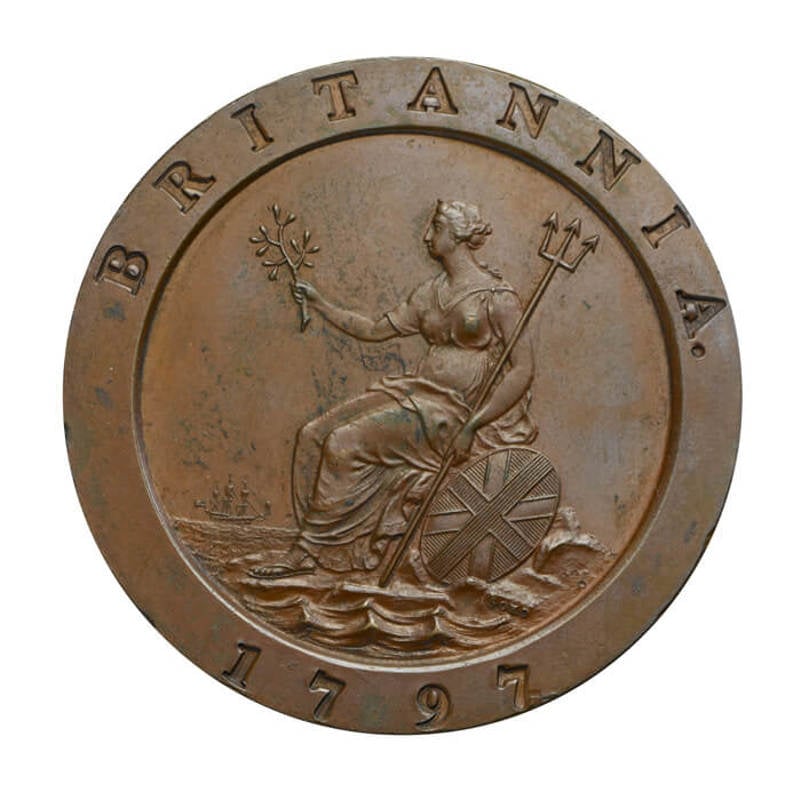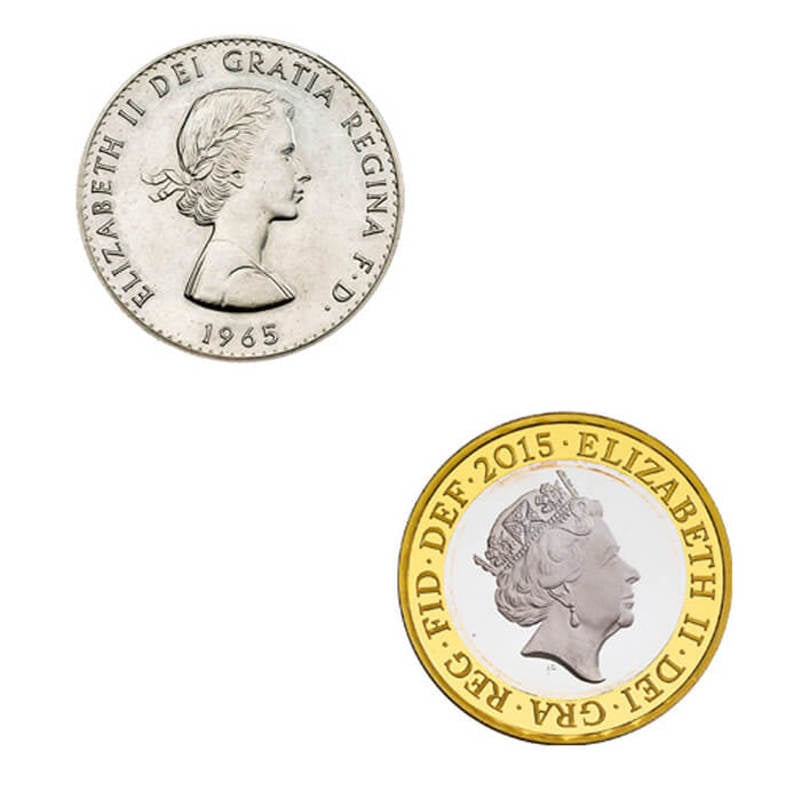Denominations
The coinage that has been made by the Royal Mint for the people of Britain has been remarkably consistent over the last 1,000 years. Though few of the denominations used throughout history survived decimalisation, and those that did had their value altered, each of these coins is an important strand in the rich fabric of the British coinage. The designs of coins can illustrate how a nation chooses to represent itself, what it values and celebrates, and the denomination and re-denomination of a nation’s coinage links together its history, society, and economic values.
Find out more about the historical denominations of the English and British coinages at the links below.
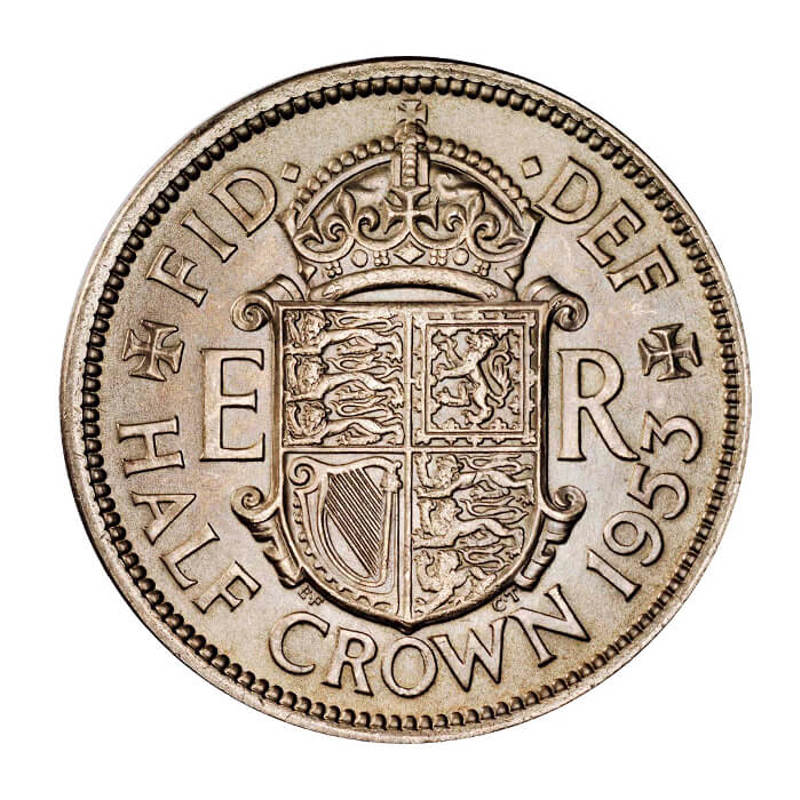
Half-crown
Like the crown, the half-crown was introduced as a gold coin during the reign of Henry VIII.
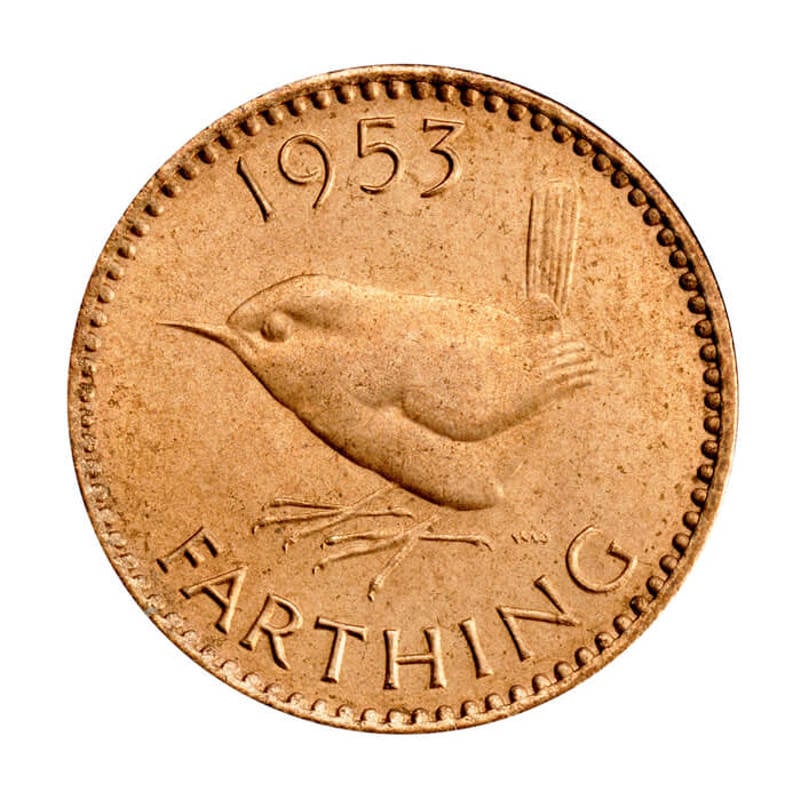
Halfpenny and Farthing
Halfpennies and farthings become a regular feature of the currency in the 13th century.
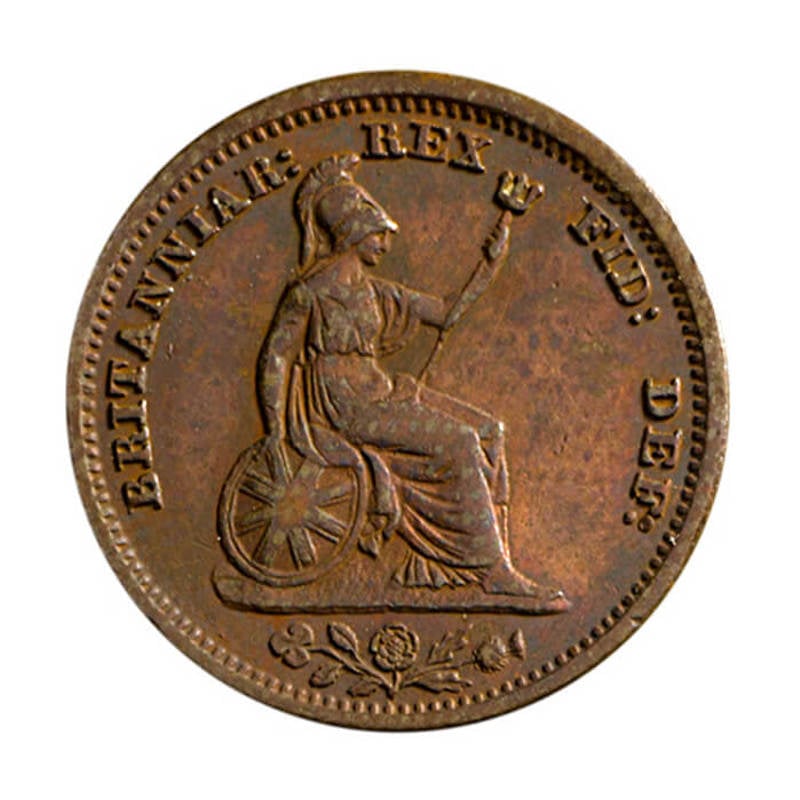
Fractional Farthings
Fractional farthings were struck in the 19th century but did not remain in circulation for long.
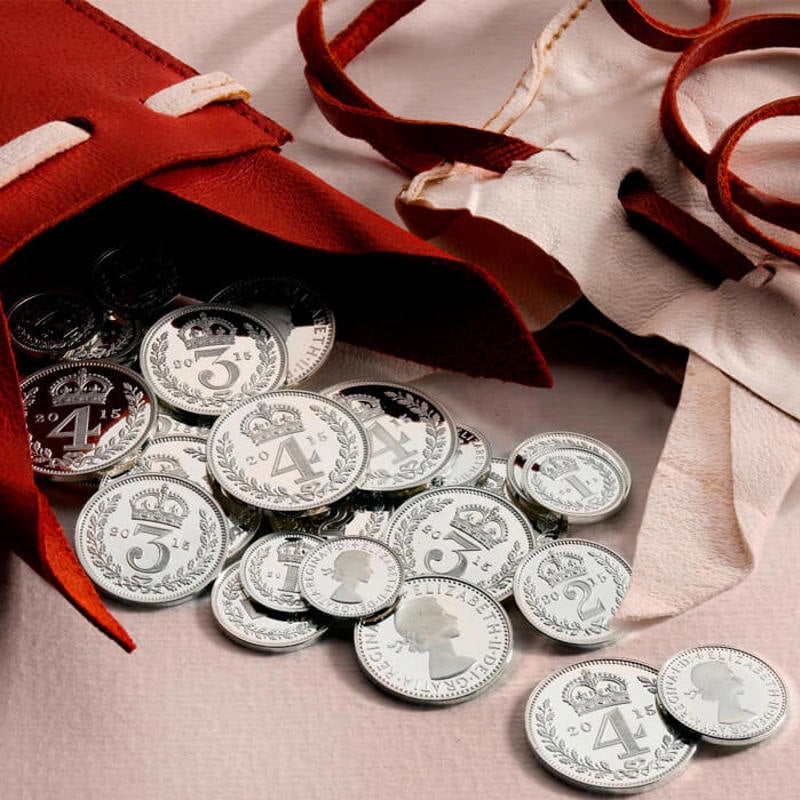
Maundy Money
The Royal Maundy is an ancient ceremony which takes place on the day before Good Friday.

